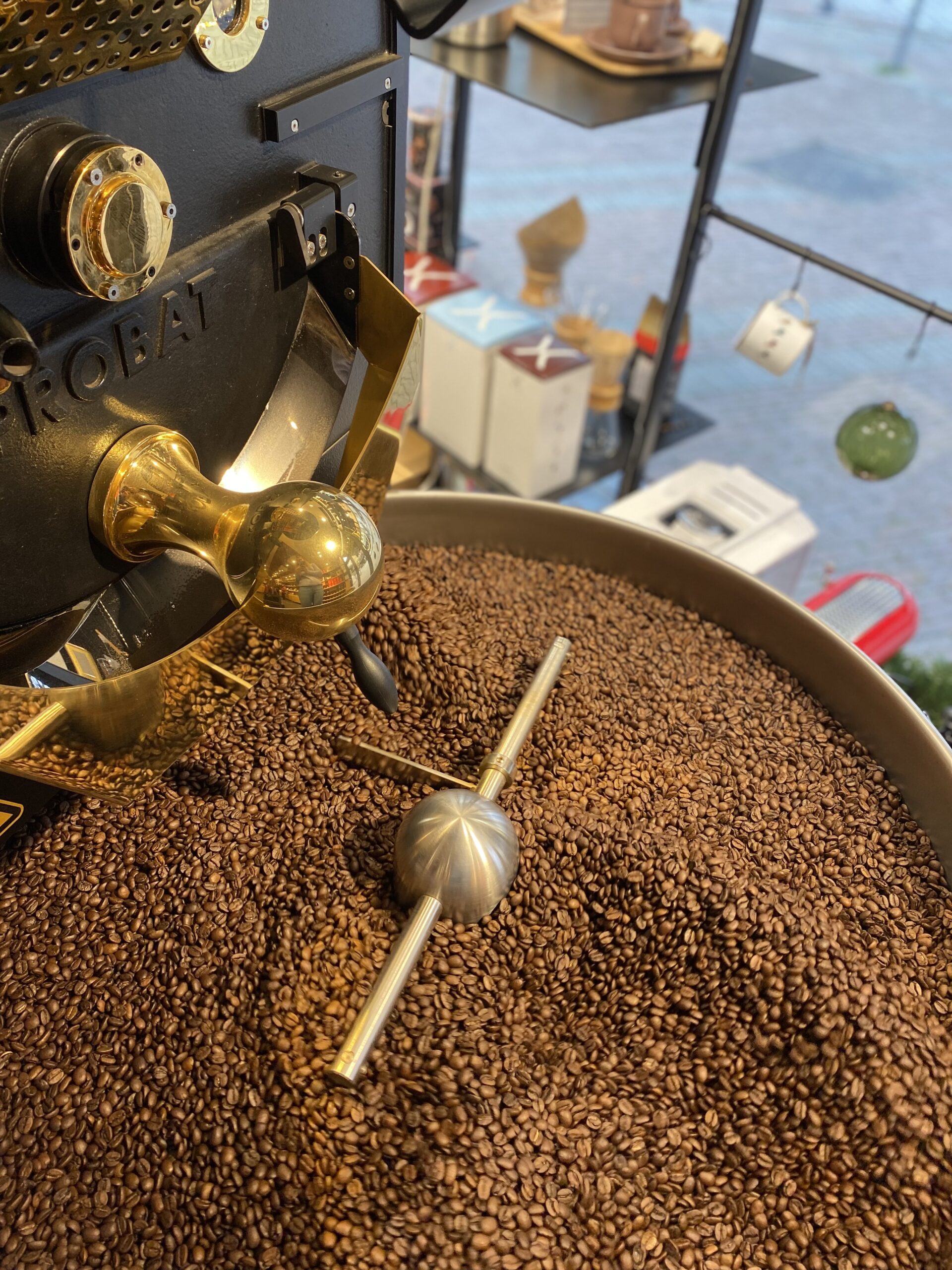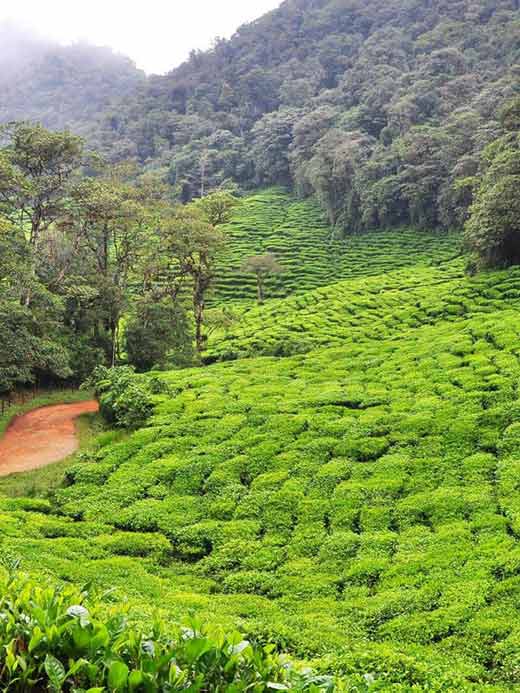Coffee supply is falling, while demand is rising. This is the main reason why coffee prices are soaring today. But why is world coffee production down today?
The impact of industrial coffee cultivation on crops.
Monoculture.
Monoculture practices in industrial coffee growing have contributed significantly to the degradation of coffee crops. By focusing on a single crop, industrial coffee growers have created an environment that strips the soil of its nutrients, leading to a decline in soil fertility over time. As a result, coffee plants become more susceptible to diseases and pests, which thrive in the homogeneous conditions provided by monoculture.
These vulnerabilities force farmers to make greater use of chemical interventions, further damaging the ecosystem. What's more, the lack of biodiversity in monoculture systems can lead to a decline in the resilience of coffee plants to environmental stressors. This unsustainable approach not only affects coffee quality and yield, but also poses a long-term threat to the ecosystem.
Pesticides and chemical fertilizers.
The intensive use of chemical fertilizers and pesticides is another harmful practice in industrial coffee production. These chemicals are often used to artificially increase yields and control pests and diseases that are more prevalent in monoculture systems. However, their excessive use can lead to soil degradation, water pollution and damage to non-target species, including beneficial insects. Runoff from these chemicals can contaminate local water sources, posing health risks to surrounding communities and wildlife. Moreover, dependence on chemical inputs can lead to the development of resistant pest populations, requiring even stronger and potentially more harmful chemical solutions. This cycle of dependence on chemical interventions not only depletes natural resources, but also jeopardizes the long-term sustainability of coffee growing.
Poor adaptation to climate change.
Climate change further exacerbates the challenges faced by industrial coffee growers, affecting overall productivity and the sustainability of coffee cultivation. Rising temperatures and changing rainfall patterns can significantly alter growing conditions for coffee plants, leading to lower yields and reduced bean quality. Coffee crops are particularly sensitive to climatic variations, with even slight changes in temperature or rainfall having significant impacts on production.
As traditional coffee-growing regions become less suitable due to these climate changes, farmers are often forced to move to higher altitudes or different areas, which can lead to deforestation and habitat loss. This displacement affects not only the environment but also the livelihoods of coffee growers, who must adapt to new growing conditions and potentially invest in new farming techniques or crop varieties.
Alternatives to industrial coffee and their advantages
Quality specialty coffee
Specialty coffee cultivation offers several significant advantages over industrial coffee production. These advantages stem from the emphasis on quality, sustainability and fair trade practices inherent in specialty coffee growing. Firstly, specialty coffee growers often prioritize quality over quantity, leading to a more conscientious approach to farming. This includes selecting specific coffee varieties that thrive in local climatic conditions and soil types, reducing the need for chemical fertilizers and pesticides. In addition, specialty coffee production often involves more sustainable farming practices, such as crop rotation and shade-growing techniques, which help preserve biodiversity and protect the environment. By focusing on quality and sustainability, specialty coffee not only produces superior coffee beans, but also minimizes the ecological footprint associated with coffee growing.
Organic coffee
Local, organic coffee production offers another compelling alternative to industrial coffee, with benefits that go beyond environmental sustainability. Organic coffee farming eliminates the use of synthetic fertilizers and pesticides, protecting soil, water and local ecosystems from chemical pollution. What's more, local coffee production supports regional economies and promotes community development by creating jobs and encouraging the growth of local businesses. By purchasing locally-produced organic coffee, consumers can contribute to the economic stability of coffee-growing communities, while enjoying a product that is often fresher and tastier. The combination of environmental responsibility and economic support makes local, organic coffee an attractive choice for conscientious consumers.
Let's change our habits.
In conclusion, the negative impact of industrial coffee cultivation on coffee crops is evident through practices such as monoculture, excessive use of chemical fertilizers and pesticides, and the growing challenges posed by climate change. These factors not only compromise the quality and sustainability of coffee production, but also threaten farmers' livelihoods and the health of ecosystems.
Switching to alternatives such as specialty, local and organic coffee offers many benefits. These methods promote biodiversity, support local economies and encourage sustainable farming practices that are less harmful to the environment. Ultimately, as consumers, we have the power to influence change by making informed choices that prioritize sustainability. By adopting these alternatives, we can help mitigate the negative effects of industrial coffee production and contribute to a healthier planet while enjoying a superior cup of coffee.


